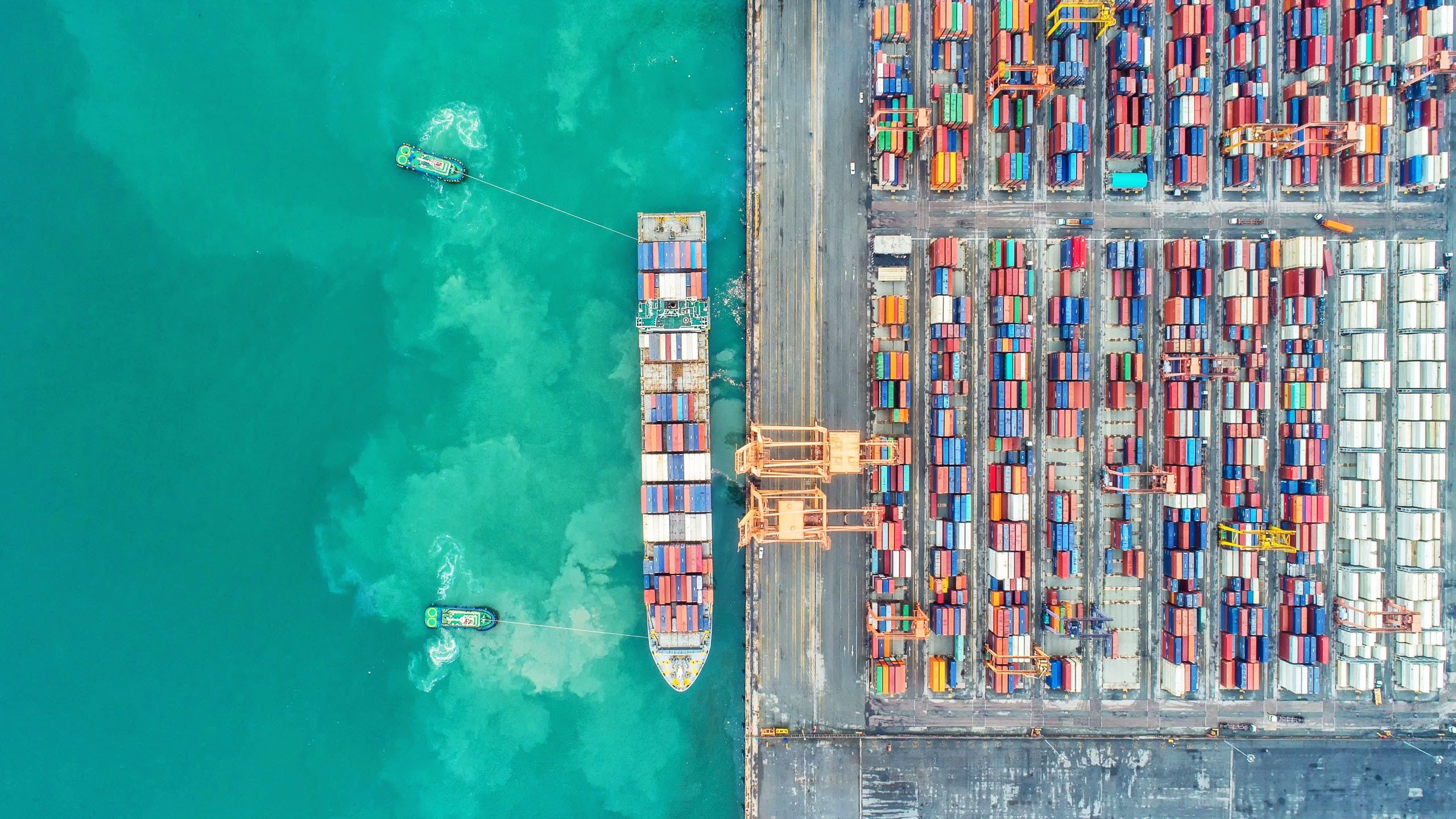Outline
- This circular outlines the requirements for emergency plans required for ships transiting the Panama Canal.
-
The requirements apply to ships carrying excess of 400 metric tons of oil as cargo or fuel.
-
Some of the requirements are due to take effect from 1st January 2004.
TO THE MEMBERS
The Panama Canal Authority (PCA) announced by its recent advisories that with effect from 1st January 2004, vessels carrying 400 metric tons or more of oil as cargo and/or fuel will be required to have contingency plans for the prevention of and response to oil spills, before entering Panama Canal waters.
According to new regulations* issued by the PCA, vessels must submit the following documents to the PCA for review:
A copy of the Panama Canal Shipboard Oil Pollution Emergency Plan for Canal Waters (PCSOPEP), prepared specifically for the vessel.
A copy of a valid International Oil Pollution Prevention Certificate.
A copy of the Shipboard Oil Pollution Emergency Plan (SOPEP), Annex 1, MARPOL.
A copy of the Shipboard Marine Pollution Emergency Plan (SMPEP), Annexes II and III.
The PCSOPEP must be submitted to the PCA for review no less than 96 hours in advance of the vessel's arrival in Canal waters. It shall include, as a minimum, the following:
a. A description of the crew training program for reaction to shipboard and shore installation spill incidents.
b. A description of measures for the prevention of this specific type of incident in Canal waters and Authority shore installations.
c. The procedure for notification of such incidents.
d. The procedure for reacting to this type of incident.
e. A description and record of the tests performed on the equipment.
f. Records and results of periodic crew reaction drills, as well as actual reactions to previous incidents.
Emergency reaction procedure, according to the PCSOPEP, shall:
a. Conform to the requirements of the Panama Canal Emergency Reaction Plan (Contingency Plan).
b. Identify the Qualified Individual (QI) who, on behalf of the vessel's Responsible Party, has full authority to implement cleanup actions in coordination with the . Authority and to initiate or maintain immediate communications between said Individual and the Authority. PCA have clarified that there is no requirement for the QI to have specific knowledge of spill response operations.
c. Identify the Oil Spill Removal Organization (OSRO) previously reviewed by the Authority and hired by the vessel, which shall have the necessary personnel and equipment to mitigate an emergency and conduct the appropriate cleanup tasks.
PCSOPEPs approved by the PCA are valid for 2 years and need only be submitted again during that period if there has been a change of QI or OSRO, or a change in the plan itself. In anticipation of numerous plans before 31st December 2003, the PCA recommends submission (preferably by email) at least one month before Panama Canal transit.
By Advisory No.A-38-2003 issued on 13th October 2003, the PCA have amended the compliance dates regarding the PCSOPEP and QI/OSRO requirements* as follows:
By 1st January, 2004:
Each vessel shall submit its PCSOPEP 96 hours prior to its first visit to Canal Waters occurring on or after 1st Jan, 2004; however, such PCSOPEPs are not required to identify an OSRO nor a QI during this period.
by 1st July, 2004:
Vessels shall include the QI as part of the PCSOPEP. Additionally, vessels shall comply with OSROs Tier 2 and Tier 3 (ie. those vessels with oil carrying capacity greater than 7,000 MT).
by 1st October, 2004:
Vessels shall comply with OSRO requirements Tier S and Tier 1 (i.e. those vessels with oil carrying capacity of 400 MT up to 7,000 MT).
In addition to arrangements being made by commercial planning and response organisations such as C&HGMS, ECM Maritime and OOPS, we understand that ICS, Intertanko and some other industry associations are in discussion with PCA and that ICS is considering making a model plan for the shipowners to comply with the PCSOPEP requirements at least until QI and OSRO services need to be identified.
Members will be kept advised of developments.




